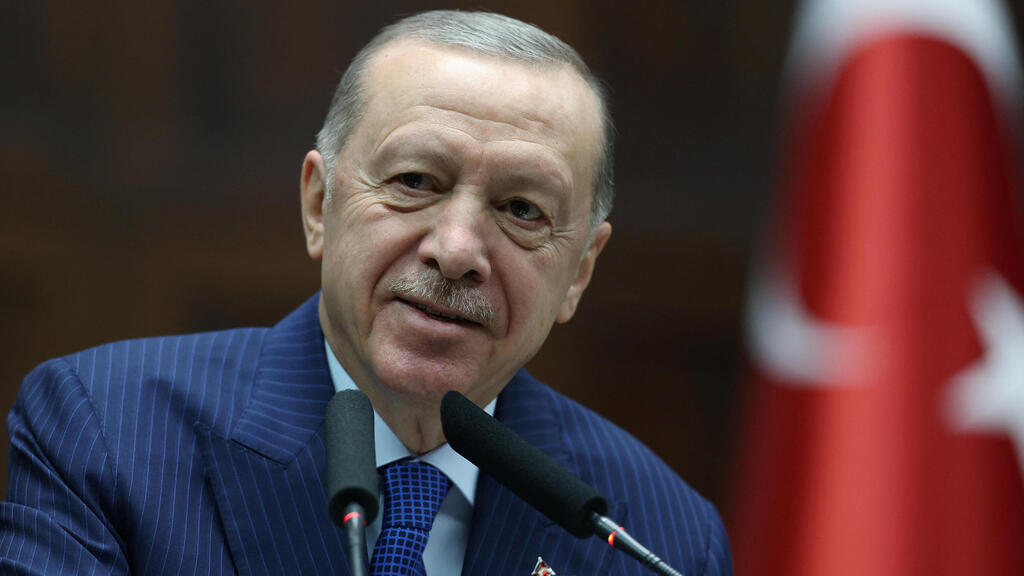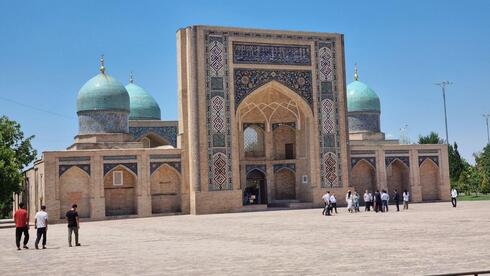In the first half of 2025, copper imports from Uzbekistan nearly doubled, reaching $7 million compared to $8 million for all of 2024, with projections suggesting a potential rise to $20 million by year’s end.
Hagar Tobi, a metal and cable importer, noted a surge in Uzbekistan’s copper supply despite logistical hurdles, as the landlocked country lacks direct sea routes. “We arranged for copper to be transported by trucks through Georgia’s ports to Ashdod,” she explained, highlighting the workaround to ensure steady deliveries.
2 View gallery


Turkish President Recep Tayyip Erdogan
(Photo: Mustafa Kamaci/Turkish Presidential Press Office/Handout via REUTERS)
Alex Averbuch, marketing director at Ashra, Israel’s government-backed export insurance company, emphasized Uzbekistan’s rapid response. “Israel relied on Turkey for affordable prices and convenient shipping. No one expected that to collapse overnight. Uzbekistan’s quick pivot and logistical solutions are highly positive,” he told Ynet.
Ron Tomer, president of the Manufacturers Association of Israel, underscored the broader trend. “Uzbekistan and its Central Asian neighbors are emerging as natural trade partners—resource-rich, open to collaboration and eager for innovation and technology,” he said. The shift signals a strategic realignment for Israel, tapping into Central Asia’s potential to offset regional trade disruptions.
